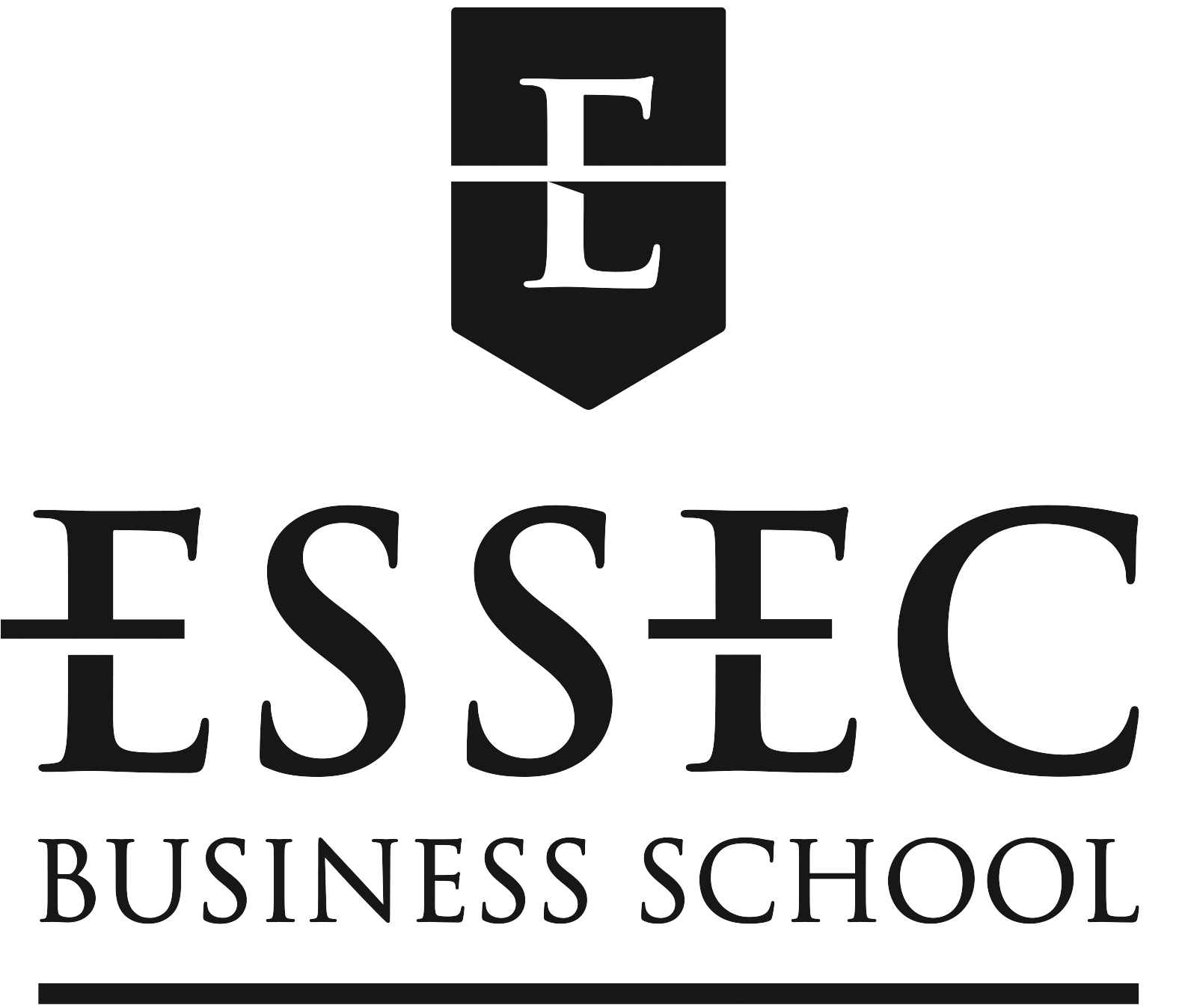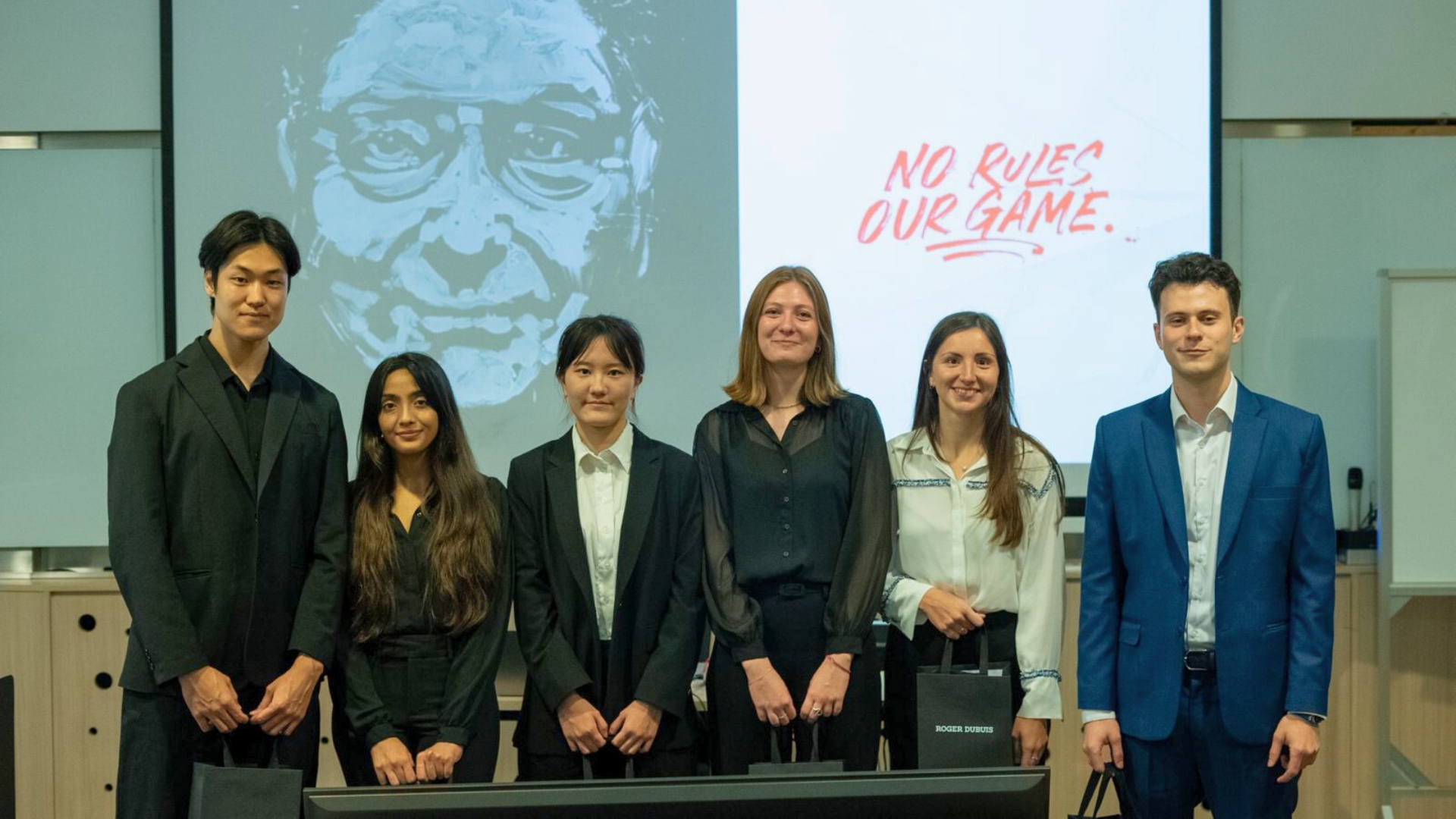- ESSEC Master in Management alumni score full-time roles in Europe.
- Credit the program flexibility for helping them direct their paths.
- The intimate ESSEC Asia-Pacific campus has its advantages.
A global profile, intercultural competencies, and a strong portfolio are just some of the many factors one needs to enter the international job market.
But how can those new to the working world develop these characteristics?
For Harrish Murugesan, a Global Marketing Manager based in France, and Harshit Agrawal, a Sales Effectiveness Analyst at database company MongoDB in Dublin, the solution was to join the ESSEC Master in Management (MiM) program.
Chart A Course of Self-Discovery
Undoubtedly, the unparalleled flexibility that the MiM offers—a feature touted by all MiM students as a significant perk—helped the two carve out their foothold in the global market.
Students have up to four years to graduate and are encouraged to explore the range of available electives, internships, apprenticeships, and exchange programs. So, explore what Harrish and Harshit did.
Harshit filled his time with multiple internships, first at Airbus Singapore, then at Uber, where he supported Uber Eats in France, Belgium, and Switzerland, and finally, at BNP Paribas’ France office.
“These internship experiences helped me understand the industry I want to be in and the career I want to pursue,” Harshit says.
Realizing that he thrived in agile and dynamic atmospheres, he focused his full-time job search on the tech and IT fields, eventually landing his position in MongoDB.
Harrish, on the other hand, traveled the world. In addition to France and Singapore, his journey also took him to the University of Chicago’s Booth School of Business for a summer program, to Kuala Lumpur for an internship at BNP Paribas, and even to Shanghai as part of the Asian Strategy Consulting Project (ASCP) with Capgemini Consulting.
His experience helped him build a global profile of having been across five countries in just three years.
These experiences supported his development of a marketing portfolio that, to date, spans Imactis (France), Corp Agency (France, Singapore, India), Indo-French Chamber of Commerce and Industry (India), and General Electric (Singapore).
Acquire Cross-Cultural Competencies
Harrish’s experience has taught him that “it’s essential to understand the culture and business practices unique to the region.”
Thankfully, for those who are new to a country, ESSEC offers support through cultural immersions that can help them avoid any faux pas in social or business contexts, he says.
“This intercultural competence is one of the biggest takeaways for me!”
Having secured full-time work in France, he advises: “If you are ultimately planning to work in Europe later, I’d recommend spending a few trimesters in France to network with companies, meet local ESSEC alumni, and immerse in the business culture of your country of choice.”
As someone who regularly shuttled between ESSEC’s Singapore and Cergy campuses, he notes that most career fairs, company recruitment talks, and European career sessions can be attended remotely. As such, he recommends that one should not wait to start the job search but start even while in Singapore.
The Asia-Pacific Advantage
Although both he and Harshit can testify to the variety of career fairs, company presentations, mentorship opportunities, alumni, and networking events offered both in Cergy and Singapore, those at the Asia-Pacific campus have a slight advantage.
After all, Harshit has found that the smaller community size means students have more face time with the faculty.
“I remember sitting with the career services team in Singapore and asking them all kinds of questions about what to include in my resume and how to customize it according to the Singapore market,” he recalls.
“For someone like me who had never stepped out of India previously, getting this kind of support was really helpful.”
Lessons for a Lifetime
He adds that his decision to start his MiM journey in Singapore so that he would have more time to understand the culture has paid off: “I’ve got more experience adapting and working in different environments, which differentiates me from someone who hasn’t gone through that.”
Comparing the person he is today with the boy he was before coming to ESSEC, Harshit muses that he is far more independent, confident, and willing to take risks.
In the same vein, Harrish’s time at ESSEC has trained him to become more agile, curious, and able to push the boundaries of his comfort zone—skills he believes will carry him far in his international career.
The two agree that each of the rewards they now reap has come with its risks. There have been tough times and good memories, but they can confidently say that these experiences with the MiM have helped them develop and grow into who and where they are today.
RELATED POSTS
Green is the New Gold: Giving SMIB Students An Edge in Sustainable Finance
Sebastian Sohn shares why sustainability matters in the Sustainable Finance course for ESSEC Master in Strategy and Management of International…
Three MiF Curriculum Features that Make the ESSEC Asia-Pacific Campus Stand Out
Student Ambassadors share how the ESSEC Master in Finance at Singapore has prepared them for the world of finance.
Freedom and Practicality Draw Students from Asia to the MiM Program at ESSEC APAC
From diverse backgrounds to common goals, students from ESSEC's Master in Management program are shaping their futures with flexible learning and…
The MMD 2024 Digital Marketing Challenge: A Taste of the Real World
The annual Digital Marketing Challenge is arguably the biggest highlight of the MSc Marketing Management and Digital program. Student Ambassador…
Three Ways ESSEC GBBA Students Can Make the Most of Their Exchange
Student Ambassador Sagarika Majumdar and alumna Manqi Zhao share their tips.
How the ESSEC MMD Program Makes Learning Practical and Relevant
Fresh graduates need help entering the workforce, as they need more experience and have a limited understanding of the industry. ESSEC Master in…







